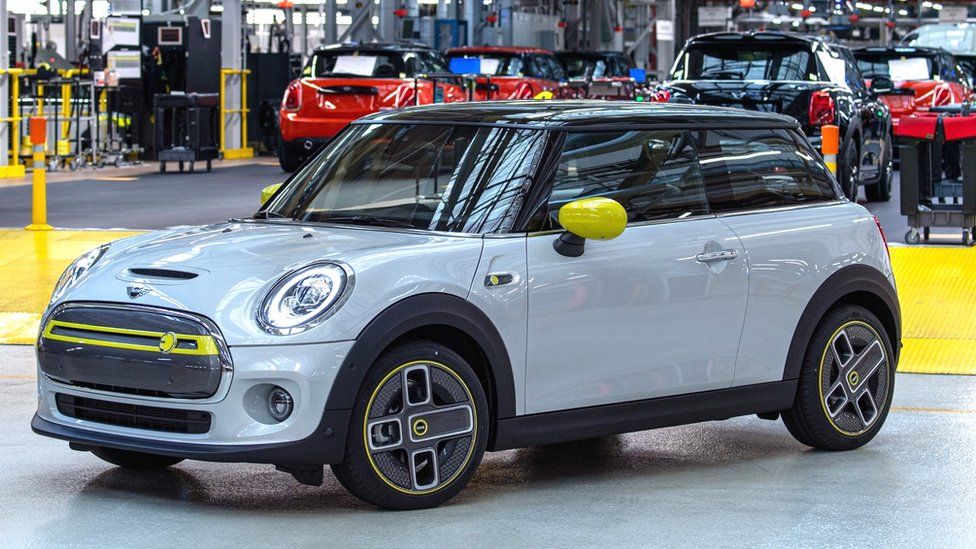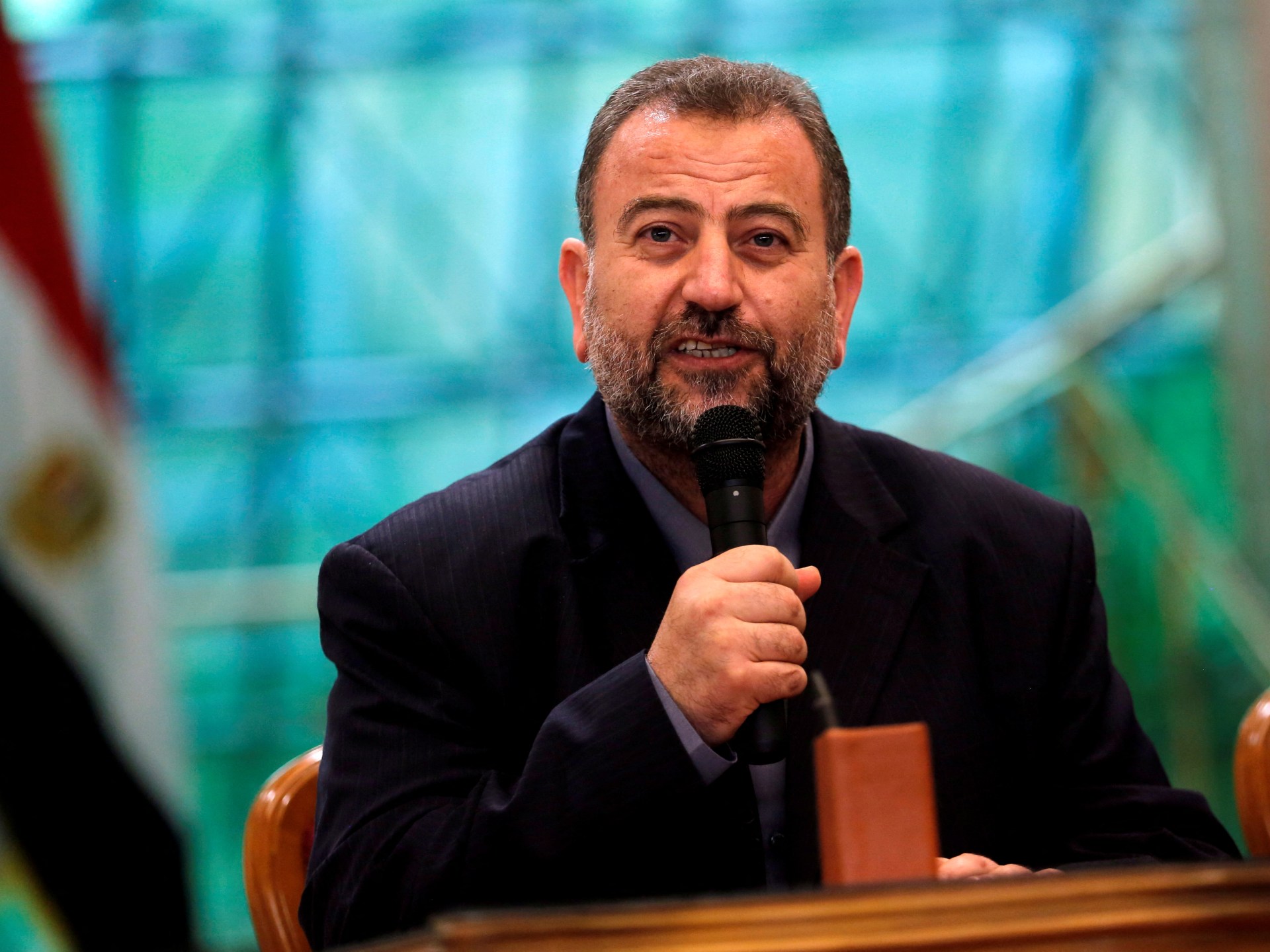 Image source, BMW Group
Image source, BMW Group
By Theo Leggett
Business correspondent, BBC News
German car giant BMW is expected to announce plans to invest hundreds of millions of pounds to prepare its Mini factory near Oxford to build a new generation of electric cars.
Production of two new electric Mini models is due to begin at the plant in Cowley in 2026.
The move is expected to safeguard the future of the facility, as well as that of another factory in Swindon.
More than 4,000 people currently work across the two sites.
BMW is expected to say it will spend £600m on updating the Cowley plant, developing the production lines, extending its body shop and building a new area for installing batteries.
It also plans to build additional logistics facilities at Cowley and at the Swindon factory - which makes body panels for new vehicles.
This will allow two next-generation electric designs, the Mini Cooper and the larger Mini Aceman, to be built at Cowley alongside conventional cars.
A third electric model, the Countryman, will be made in Germany.
The UK investment will be backed by funding from the government's Automotive Transformation Fund - understood to be worth £75m.
Prime Minister Rishi Sunak said BMW's investment was "another shining example of how the UK is the best place to build cars of the future".
Business and Trade Secretary Kemi Badenoch said it showed "the government's plan for the automotive sector is working".
With the Mini brand expected to go fully electric by 2030, BMW's decision is vital to the future of the two UK factories.
The first electric Mini was launched at the Cowley plant in 2019.
But last year, the company confirmed production of most of its electric cars would move to China, where the new models have been developed in partnership with Great Wall Motor.
At the time, BMW suggested that building both conventionally-fuelled and electric cars in the same factory was inefficient.
Now, that plan has clearly changed.
Production of the new models will begin next year at Great Wall's factory in Zhangjiagang - with Cowley now expected to start building them as well in 2026.
This is the latest in a series of government-backed investments designed to promote the development of electric vehicles in Britain, ahead of a ban on the sale of new petrol and diesel powered cars due to take effect in 2035.
In July, Jaguar Land Rover's owner, the Indian group Tata, said it would build a giant "gigafactory" to produce batteries in Somerset, a project expected to benefit from hundreds of millions of pounds in taxpayer support.
Stellantis has just begun production of electric vans at its Ellesmere Port factory in Cheshire; Nissan is expanding output of EVs at its Sunderland factory, while its partner Envision AESC is building a gigafactory close by.
Meanwhile Ford is investing heavily in its Halewood plant, preparing it to build electric motors.
'Good news'
But there have also been setbacks for the industry in recent years, including the closure of Ford's engine plant in Bridgend in 2020 and Honda's Swindon factory in 2021.
In January, Britishvolt, which had been planning to build a battery factory near Blyth, collapsed into administration. The future of the site remains uncertain.
David Bailey, professor of business economics at Birmingham Business School, believes the BMW announcement will be "very good news" for the UK industry.
"The UK needs to shift towards EVs quickly. The 2035 deadline is approaching," he says.
"It has been lagging behind other countries, not just in terms of battery production, but also in terms of EVs… but with the recent announcements, things are going in the right direction."
Image source, Getty Images
Germany-based analyst Matthias Schmidt believes car firms have been exploiting what he sees as the government's weak position, as it tries to secure new investment in the industry after Brexit.
"I would see this as BMW unashamedly playing the subsidy card, which many have done before them and many will follow, trying to squeeze out some fiscal buoyancy aids from the UK government, which holds terrible cards," he says.
But he adds that there is a good argument for the Mini brand, with its strong British identity, to be produced in the UK - even if it could be cheaper to make it elsewhere.
"Being close to the brand heritage is likely to make sense even if that knocks some margins off the finished product," he says.
What is not yet known is where the batteries for the cars to be built at Cowley will come from.
That could yet become a critical issue. From next year, new rules will effectively ensure that cars with batteries made outside either the UK or the EU will face steep tariffs when shipped across the Channel.
BMW is one of a number of businesses lobbying in the EU and the UK for those measures to be watered down or delayed.

 Movie
Movie 8 months ago
149
8 months ago
149 






![Presidents Day Weekend Car Sales [2021 Edition] Presidents Day Weekend Car Sales [2021 Edition]](https://www.findthebestcarprice.com/wp-content/uploads/Presidents-Day-Weekend-car-sales.jpg)



 English (United States)
English (United States)